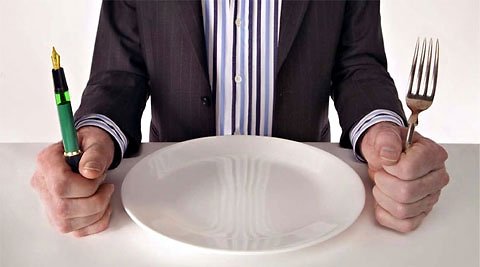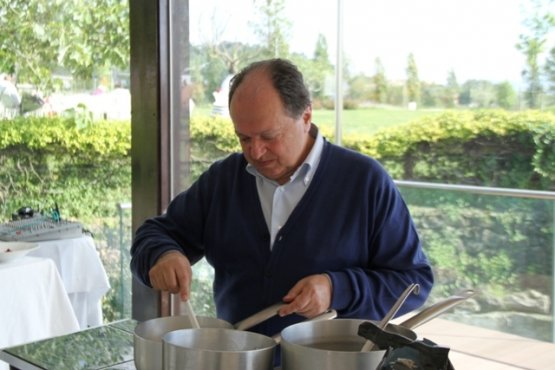We live in the age of the net and of democracy of thought, in a time that makes it essential to redefine the difference between professionals and expert amateurs with stronger clarity. While it is true that today anyone can express an opinion and spread it for the benefit of all, with a click, it is also true that the specific knowledge of those who produce content becomes essential; especially in a sector such as that of food and wine, in which everyone (in a way) is experienced and feels they can express their opinion.
So how can one develop a palate/brain duo that will not waste the readers’ time, when writing about spaghetti, artichokes or sweetbreads? In other words, how do you become a critic? Let’s take the thoughts highlighted by Laura Lazzaroni in her precise article on the foundations of this profession as good, because they are, and let’s try to move forward, concretely analysing the necessary steps someone who wants to start this career needs to take.

In order to become a critic, you need to "write, write, write after eating, eating, eating" (photo credits NY Times)
Then you can start with the true training, in the field: travel, taste, ask for information, take notes, handle books, visit blogs; and finally write, write, write after eating, eating, eating. You need to work, without complaining about the effort before you have even started, you have to be respectful of a world that creates benevolent envy just because it is undervalued and not well researched. Being a critic is a blessing, but doing it properly can be a mission.

Vizzari is a good cook too, his paniscia is worth 3 Michelin stars (photo credits Witaly)
This is what critics are, and this is how they remain, no matter the century or the media. We are popularising judges, certainly not doctors or scientists, and we’re asked to recommend where to invest in order to receive a few hours of happiness for the palate. Our only task is thus that of eating and telling, paying attention not to get lost in unrequested philosophies or in the satisfaction of one’s own ego. Now and always, until the last mouthful.